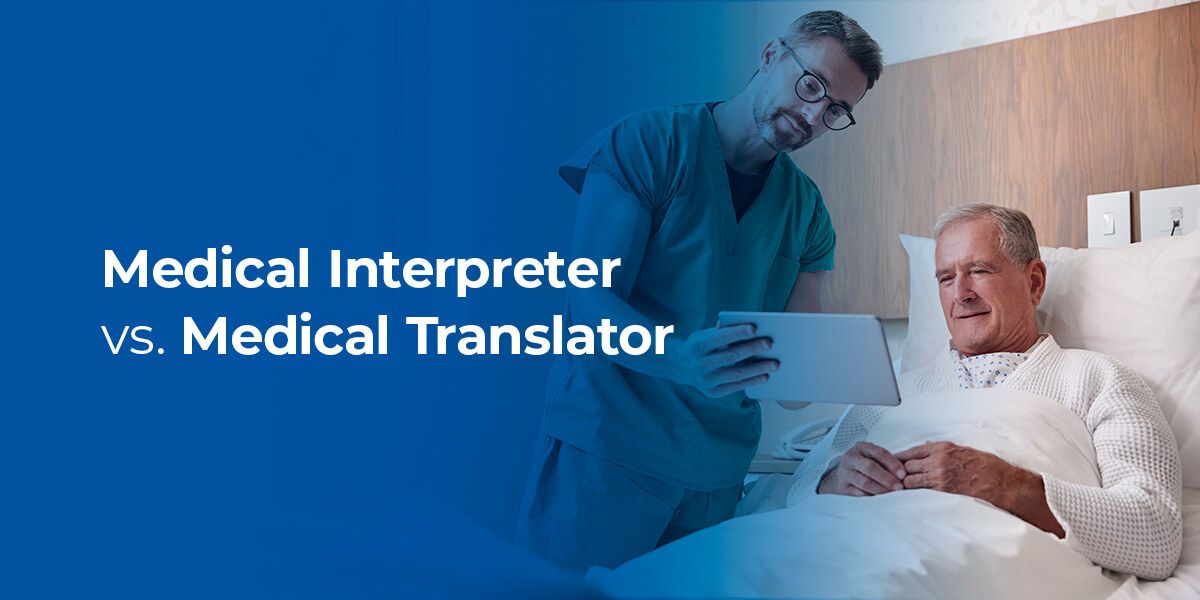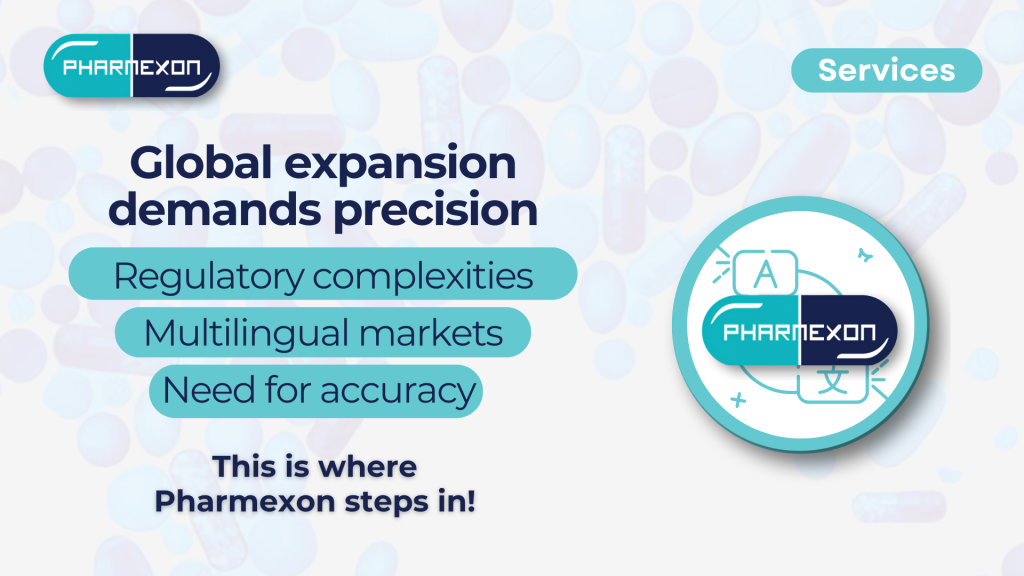In today’s interconnected world, healthcare professionals and patients are increasingly coming from diverse linguistic backgrounds. Effective communication in healthcare settings is crucial to ensure that patients receive the best possible care. This is where certified healthcare translation services play a vital role in bridging language barriers and improving patient outcomes.
The Importance of Certified Healthcare Translation
Accurate and reliable translation in healthcare settings is essential to avoid misunderstandings that can have serious consequences. Certified healthcare translators have the expertise and language proficiency to accurately translate medical documents, prescriptions, consent forms, and other important information. They are trained to understand medical terminology and ensure that the translated content accurately reflects the original meaning.
Benefits for Patients
For non-English speaking patients, access to certified healthcare translation services can make a world of difference in their healthcare experience. It ensures that they fully understand their diagnosis, treatment options, and follow-up care. This can help improve patient compliance and overall satisfaction with their care. Patients can feel more confident in their interactions with healthcare providers and be better equipped to make informed decisions about their health.
Benefits for Healthcare Providers
Healthcare providers also benefit greatly from certified healthcare translation services. By having accurate and reliable translations of patient information, they can provide more personalized care that takes into account the patient’s cultural and linguistic background. This can lead to better patient outcomes, reduced errors, and improved patient satisfaction. Healthcare providers can also avoid potential legal liabilities that may arise from miscommunication due to language barriers.
Ensuring Quality in Healthcare Translation
When choosing a certified healthcare translation service, it is important to look for providers that adhere to industry standards and regulations. Look for translators who are certified by recognized organizations and who have experience working in healthcare settings. Ensure that the translation service has quality assurance processes in place to guarantee the accuracy and reliability of the translations.
Conclusion
Certified healthcare translation services are essential for ensuring effective communication between patients and healthcare providers in diverse linguistic settings. By providing accurate and reliable translations of medical information, these services play a crucial role in improving patient outcomes and overall quality of care. Patients and providers can both benefit from access to certified healthcare translation services, which help bridge language barriers and promote better understanding in healthcare settings.
In a world where healthcare is increasingly globalized and multicultural, certified healthcare translation services are more important than ever in helping to ensure that all patients receive the care and support they need, regardless of their language background.



